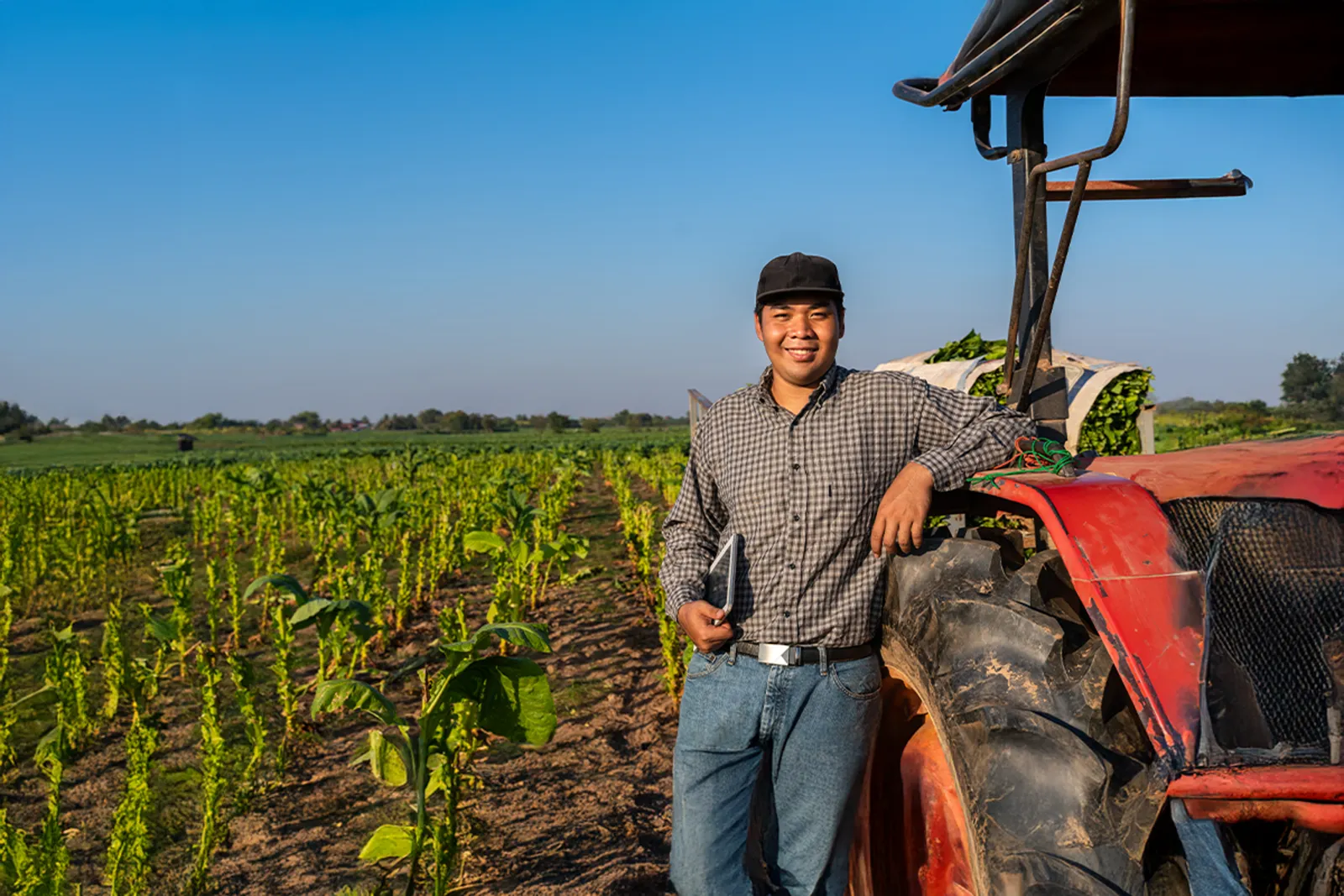Importance of PoP farming and its challenges / Benefits of digitizing agricultural package of practices / Importance of agricultural package of practices and its digitization
What are PoPs?
PoPs encompass scientific guidelines to enable the management of the entire crop cycle, right from seed selection to harvesting, thereby enhancing agricultural productivity. PoPs result from in-depth research on a specific crop in terms of its biological character, soil, nutrient, water and climatic requirements, and susceptibility to diseases and pests. PoPs are tailored for a particular crop and cannot be interchanged even between genetic varieties of the same crop.
Thus, a detailed study of the land is essential before applying PoPs. It should be ascertained if the chosen crop is suited for the region’s climate. Soil analysis is a must to establish nutrient status. Irrigation facilities have to be checked and created in case they are not available. In addition, seed, pesticide, fertilizer and other input availability should also be analyzed.
A new revolution in the making
The gains ensured by adopting PoPs in agriculture will significantly multiply with the implementation of data and technology. According to McKinsey, successfully adopting connectivity in agriculture will translate into a $500 billion increase in the global gross domestic product by 2030, which computes to a 7-9% improvement in productivity. Although digital opportunities exist, implementation of the same is a major challenge. The agricultural industry is at the cusp of another revolution that will transform it radically — one that is speared by data and technology.
Ensuring PoP is strictly followed becomes vital for seed producing companies, as it ascertains the genetic purity of the seed is maintained, and crop yield is maximum. Analytics, machine learning, artificial intelligence, the internet of things and other emerging technologies are being integrated into agricultural operations to improve utilization of inputs, build resilience and sustainability, and increase productivity across farming and animal husbandry. The significant potential of digital innovations to impact smallholder farmers in India is all set to unfold.
Digitization of PoP to ensure adherence
PoP implementation can be digitized with smart farm management platforms, right from selecting seeds and tracking sowing cycles to certification and market linkages. Such platforms digitize farm and farmer profiles, collate biometric crop data, and geo-tag farms. Other capabilities the platform should have include remote monitoring of crops and input usage, alerts for pests and diseases, yield estimation, etc. The platforms can also customize workflow and task management for field teams and come equipped with customizable dashboards to manage alerts and activity logs.
How Cropin can help
SaaS platform Cropin a pioneer in Agtech is the first global Intelligent Agricultural Cloud that provides customized offerings to seed companies. Cropin, has partnered with seed companies globally to ascertain that farmers cultivate and provide the best quality seeds with high genetic and physical purity. Using SmartFarm, seed companies can monitor if PoP are followed during pre-sowing, sowing, application of fertilizers, pesticides, crop protection practices, irrigation, etc.
Cropin’s SmartFarm, a complete farm ERP & CRM suite, make monitoring and managing farms easy. With SmartFarm, farmers can digitize the entire cultivation process and improve farm operations with business intelligence. It provides complete farm digitization with increased data capture accuracy, traceability and output predictability, adherence to the package of practices, yield quality and quantity, monitoring of carbon credits and reduced cost of operations.










